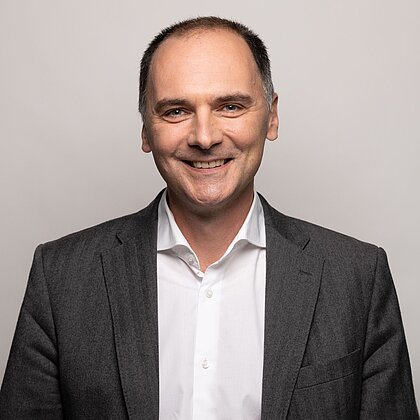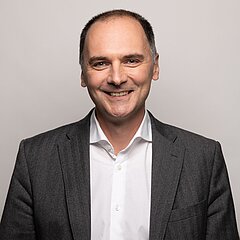Vienna, 22.02.2023. On average, it takes ten years for a drug to reach market maturity. In the area of orphan diseases, there have so far been coordinated framework conditions for research and development. Two major pieces of legislation, the Orphan Medicinal Product Regulation and the General Pharmaceutical Legislation, are currently undergoing significant revision at EU level, which could put the brakes on the development of medical products in the field of rare diseases. There’s a question of shortening the protection against imitation. On the occasion of Rare Disease Day 2023, AOP Orphan Pharmaceuticals GmbH (AOP Health), an Austrian pharmaceutical company specializing in therapeutic solutions in the field of rare diseases and intensive care, points out that research in the field of rare diseases takes place in a niche with special framework conditions. Regulatory and policy measures are important for supporting research here.
There are often only a handful of sufferers with rare diseases. Nevertheless, the performance of meaningful studies and the requirements for statistics often require a very high number of patients. Since it is often difficult to find patients, clinical trials and therefore the research and development of therapies take increasingly longer, which drives up costs. The high development costs can only be justified with the hope of successful marketing. If this is reduced by cutting protection against copying, there is a risk that less research will be carried out for patients with rare diseases and that therapies will only be available to a limited extent.
Keeping research and development in Europe
Another aspect of the innovations that are planned for the legislation is an assessment of clinical data planned for the first time at European level as an optional basis for national reimbursements of medicines. Up to now, different data and analyses are required in each country to determine national reimbursement.

